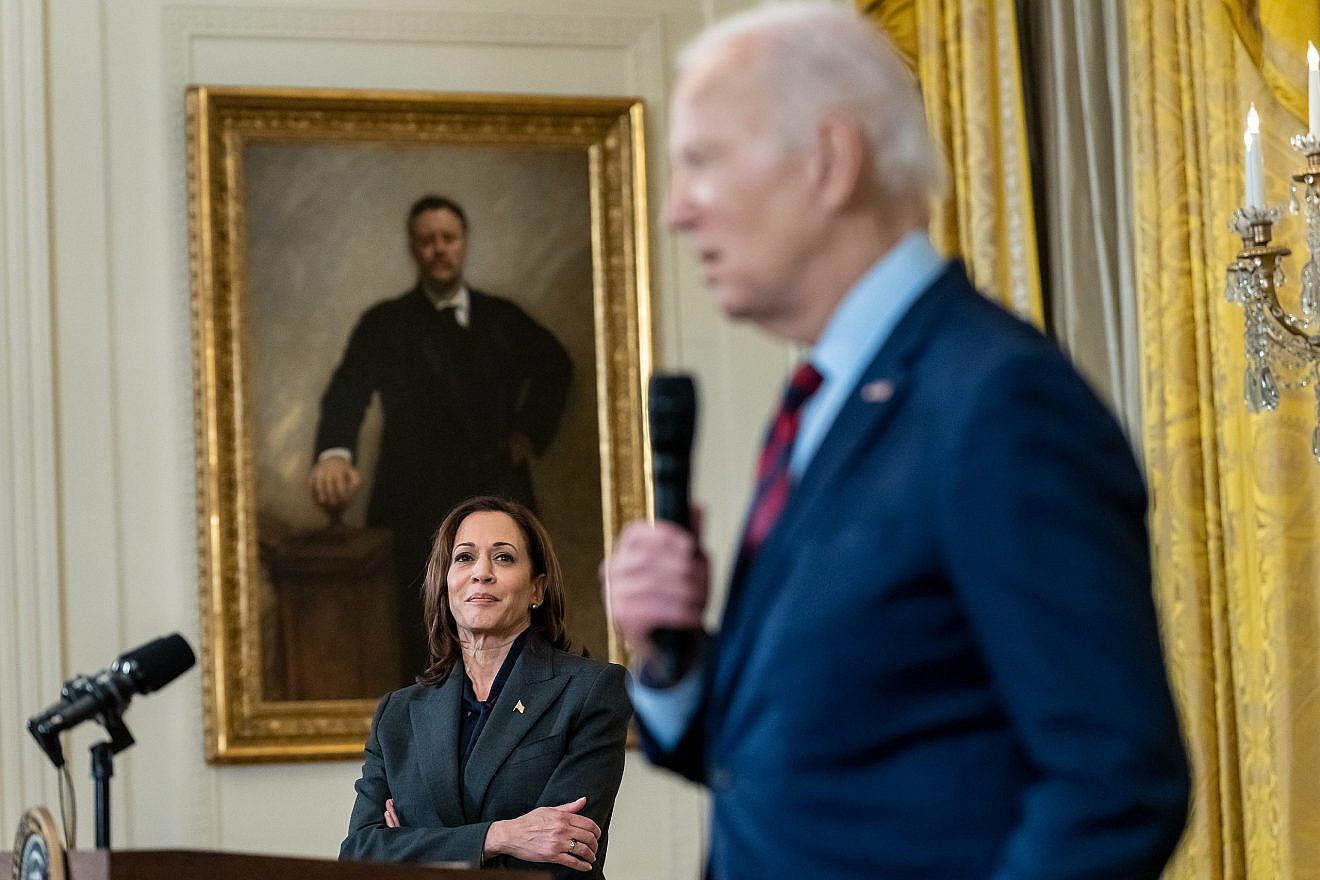US President Joe Biden has once again issued a terse warning to Iran, seemingly cautioning against a potential attack on Israel. This comes in the wake of Tehran’s vow to retaliate for the assassination of Hamas political chief Ismail Haniyeh on Iranian soil.
In a brief encounter with reporters outside a church, Biden was asked about his message to Iran. His response was succinct, appearing to mouth the word “Don’t” before entering his vehicle. This one-word warning has become a signature move for the President, having been employed in similar high-stakes situations before.
Biden first used this approach days after the October 7 Hamas attack on Israel, warning the Jewish state’s enemies against intervention. He reiterated this warning to Iran in April, just days before a coordinated attack on Israel and the Israeli-occupied Golan Heights by various Iran-aligned groups, including the Islamic Revolutionary Guards Corps (IRGC), Hezbollah, and the Yemenite Ansar Allah (Houthis).
The President has consistently affirmed Israel’s right to self-defense, stating, “We will make sure Israel has what it needs to take care of its citizens, defend itself and respond to this attack.” However, reports suggest that the Biden administration has frozen numerous weapons shipments to Israel, indicating a more complex stance than public statements might suggest.
This pattern of issuing stern warnings followed by limited practical consequences is not unique to the situation in the Middle East. Before the US withdrawal from Afghanistan, Biden warned the Taliban against advancing into Kabul. Similarly, he cautioned Russian President Vladimir Putin against invading Ukraine months before the conflict began.
The approach appears to be part of a broader Democratic policy. Vice President Kamala Harris employed a similar tactic in June 2021, warning against illegal migration to the US with the phrase, “Do not come.” Despite this, an estimated 11 million immigrants have crossed the southern border illegally during the Biden administration.
Critics argue that this “tough talk” policy has yielded mixed results at best, failing to deter actions by adversaries while potentially undermining the credibility of US warnings on the international stage. Supporters, however, might contend that such warnings serve diplomatic purposes beyond their literal interpretations.
As tensions in the Middle East continue to simmer, the effectiveness of Biden’s latest warning to Iran remains to be seen. The coming days and weeks will likely test whether this diplomatic approach can prevent further escalation in an already volatile region. CopyRetry




